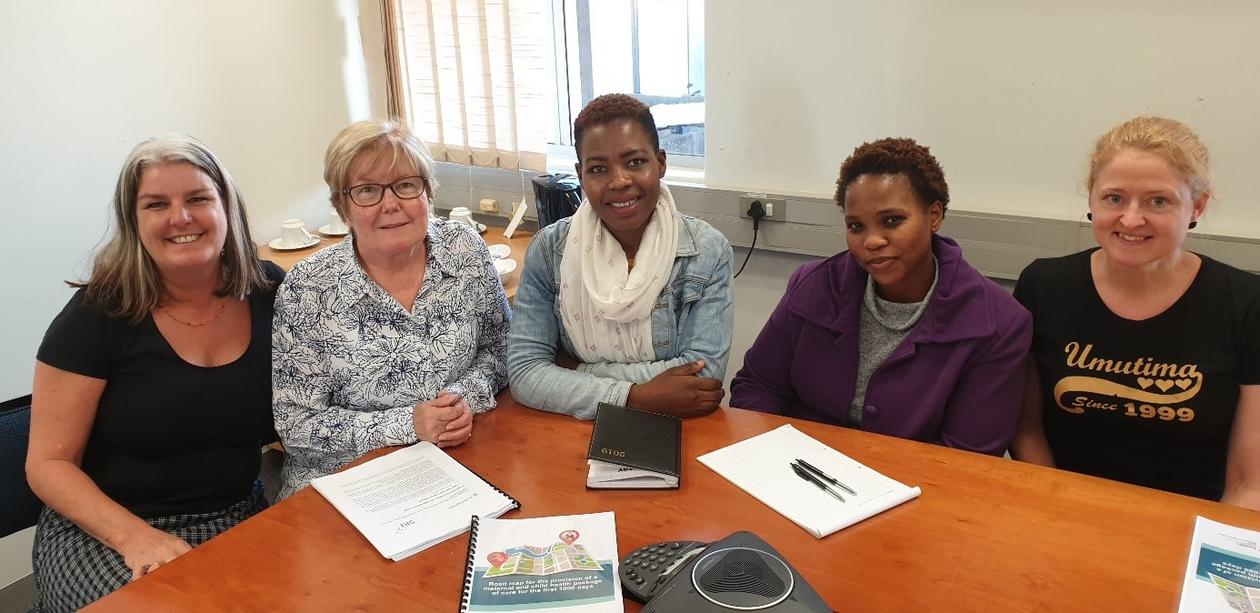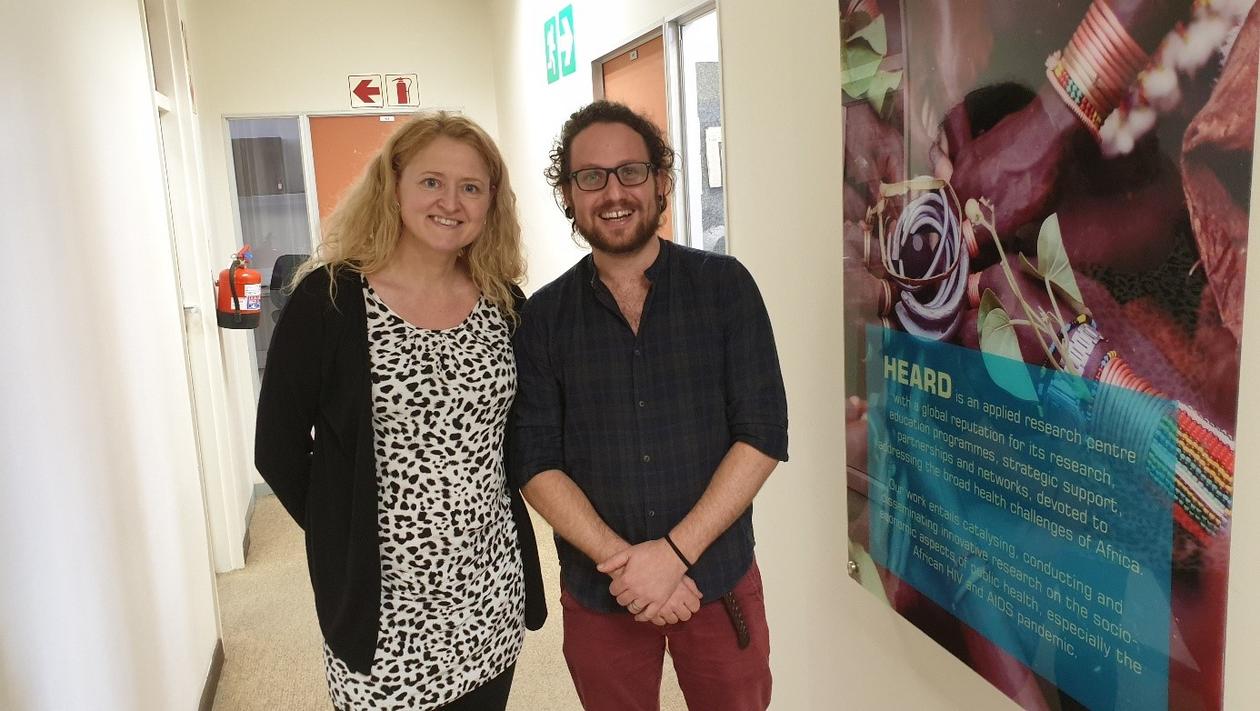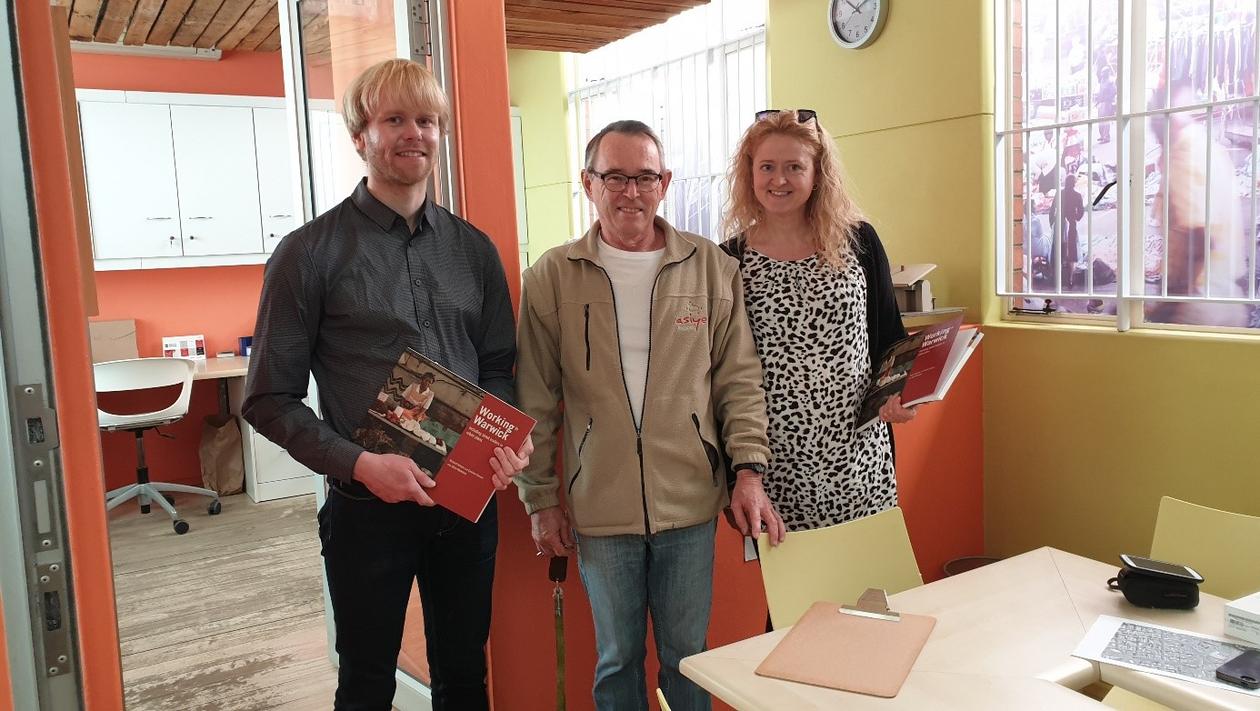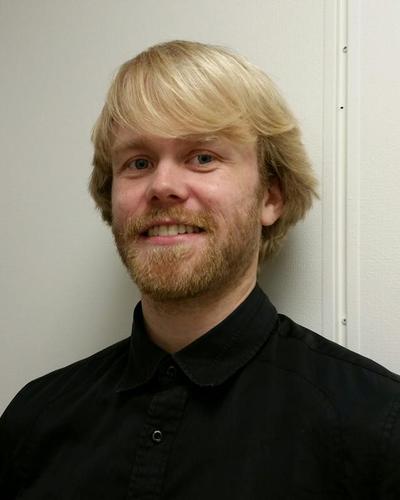New Master Internship Possibilities
Centre for International Health (CIH) and the Department of Health Promotion and Development have received funding for a new internship project where master’s students will be able to get scholarships while on internships at partner institutions in Durban, South Africa.

Hovedinnhold
New internship project to promote student internships in South Africa at the Centre for International Health & Department of Health Promotion and Development
The project funding comes from the Norwegian Agency for International Cooperation and Quality Enhancement in Higher Education (DIKU), a programme that promotes the inclusion of ECTS-yielding internship programmes in higher education. Both the Centre for International Health and the Department of Health Promotion and Development have long-lasting collaborations with the University of KwaZulu-Natal in South Africa, and therefore it was natural to choose them as our partner institution.
“Increased academic collaboration with South Africa is one of the Norwegian Ministry of Education and Research’s goals according to the Panorama Strategy (2016-2020) and we believe this project can be a stepping stone to promote this. At the same time, the initiative reflects the University of Bergen’s strategic priorities in the areas of the SDGs, global challenges and interdisciplinary collaboration,” says Wenche Dageid, Associate Professor at Department of Health Promotion and Development and the leader of this project.
Funding period
The project period will last for two years (2019 – 2020) and students will be able to take up internships at either Center for Rural Health (CRH) or Health Economics and HIV/AIDS Research Division (HEARD) at the University of KwaZulu-Natal. The internships are for a minimum of 3 months and students will be given a scholarship of 5000 NOK per month. In addition, their travel insurance will be covered. Students eligible for funding through Norwegian State Educational Loan Fund (Lånekassen) may also qualify for a scholarship and loan for studying abroad in addition to the 5000 NOK from University of Bergen.
“With this project, we hope to give our students a unique work experience that will better prepare them and make them more qualified for work life after graduating,” says Daniel Gundersen who has taken part in the planning of the project from the start.
Interaction with local researchers and staff
The students will get guidance from local researchers and staff and they will also be able to participate in extracurricular activities such as workshops, courses etc. (depending on what is offered at the time).
When asked about what tasks the students can expect to be given, Christiane Horwood, researcher at CRH, explained that “it will vary according to the projects UKZN are working on, but students may expect to be able to do everyday tasks in the office as well as participate in projects out in the field. Of course it all depends on what kind of projects we have at the time, but some examples of the intern’s tasks can be joining focus group discussions, doing qualitative analysis, participating in writing an academic article to be published, quality control of data and regular everyday office work.”
Project startup meeting this summer
In the end of June 2019, project coordinator Wenche Dageid, Associate Professor at the Department of Health Promotion and Development, and administrator Daniel Gundersen, representing CIH, went to Durban to visit the partners and discuss practicalities of the project and the possibilities for further collaboration.
In addition to visiting the partners at CRH and HEARD, they also visited the non-governmental orginasation Asiye eTufalano (AeT) that is collaborating with the University of KwaZulu-Natal. AeT collaborate with informal workers and allied professionals in order to develop inclusive urban spaces, which support sustainable livelihoods for informal workers. “Possibly, students will be able to join some of our projects during their internships in Duban” said Richard Dobson, leader of the organization.




